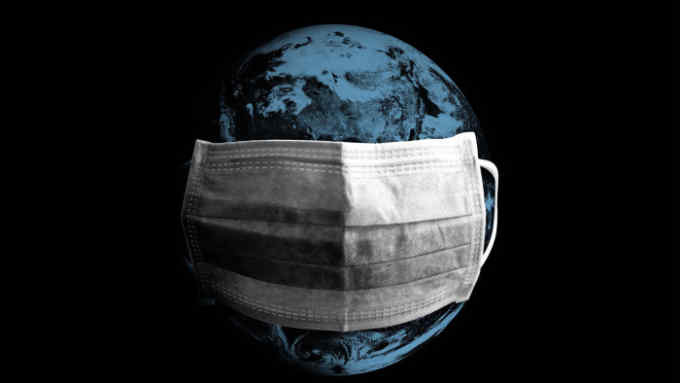Business ‘saints and sinners’ in the coronavirus crisis
FT correspondents highlight outstanding responses, good and bad

Unlock the Editor’s Digest for free
Roula Khalaf, Editor of the FT, selects her favourite stories in this weekly newsletter.
To shed a light on some of the stellar, and not so stellar, corporate responses to the pandemic crisis, we asked the FT’s network of correspondents and columnists for examples of what they considered to be best and worst practice.
This list is intended not to be exhaustive but to illustrate a range of behaviour — from how companies have treated employees to the speed with which they have met society’s most important needs in lockdown.

Comments